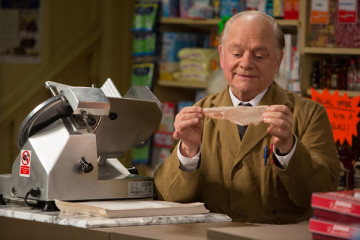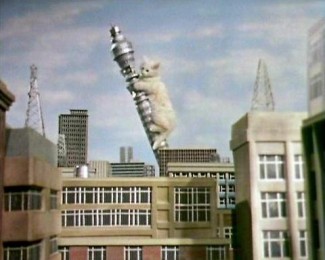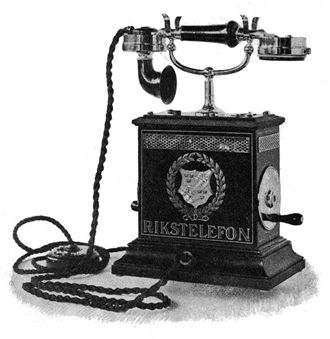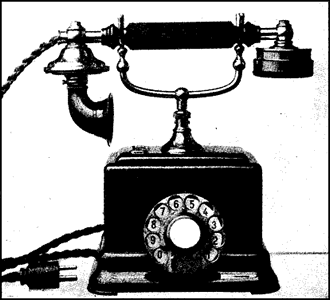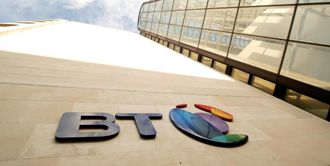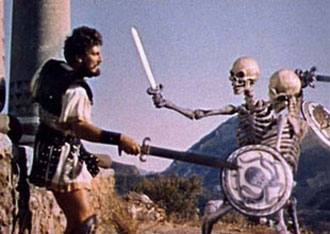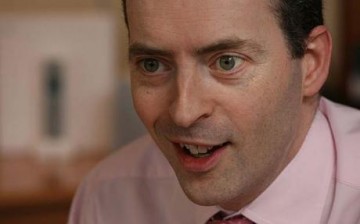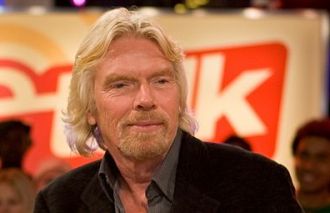 Advertising watchdog, the Advertising Standards Authority (ASA) has banned a TV, website and several press adverts for Virgin Media’s cable broadband service saying that they were misleading punters.
Advertising watchdog, the Advertising Standards Authority (ASA) has banned a TV, website and several press adverts for Virgin Media’s cable broadband service saying that they were misleading punters.
Rivals BT and Sky Broadband (BSkyB), moaned that the Virgin promotions “misled” consumers by claiming the service offered Internet download speeds that were “5x faster than Sky and BT’s regular broadband”.
Virgin Media’s TV promotion claimed that customers would be able to “download five times faster than BT’s regular broadband. It invited viewers to visit virginmedia.com/ourspeeds “for verification“.
BT said that the webpage in question did not provide sufficient information for viewers to verify the comparison that had been made.
Both BT and Sky Broadband complained against several almost identical claims made in other ads. Both ISPs described the “5x faster than Sky and BT’s regular broadband” claim as “misleading”.
They said that not all Virgin Media customers would always be able to “download 5x faster” than Sky’s and BT’s broadband customers.
Virgin Media and its advertising partner, Clearcast, felt that the webpage listed above did provide “all of the necessary information to allow viewers to verify the comparisons” and that the “5x faster” statement would understood by viewers not to be “absolute”.
The ASA disagreed and concluded the information provided was not sufficient to ensure the details of the comparison could be verified.
In its ruling it said that while consumers were likely to be aware that the speed of broadband services would vary according to factors such as the time of day, claims that consumers would be able to “download 5x faster than Sky and BT’s regular broadband” were not in conditional language.
It was considered they were likely to be understood to mean that Virgin’s superfast service was always five times faster than Sky’s and BT’s regular services, even when normal variations such as the time of day were taken into account, the ASA said.
As a result, Virgin Media has unfortunately seen a bunch of its adverts banned in their current form and the provider has once more been told to “ensure they provided sufficient information about comparisons to allow them to be verified” and warned to stop making absolute claims if they could not be proved.
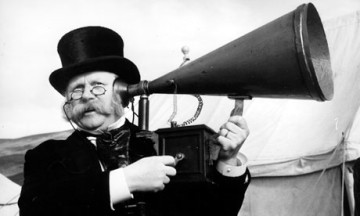 British Telecom (BT) has been handed an £800,000 fine from media regulator Ofcom for failing to offer adequate services for hearing-impaired customers.
British Telecom (BT) has been handed an £800,000 fine from media regulator Ofcom for failing to offer adequate services for hearing-impaired customers.